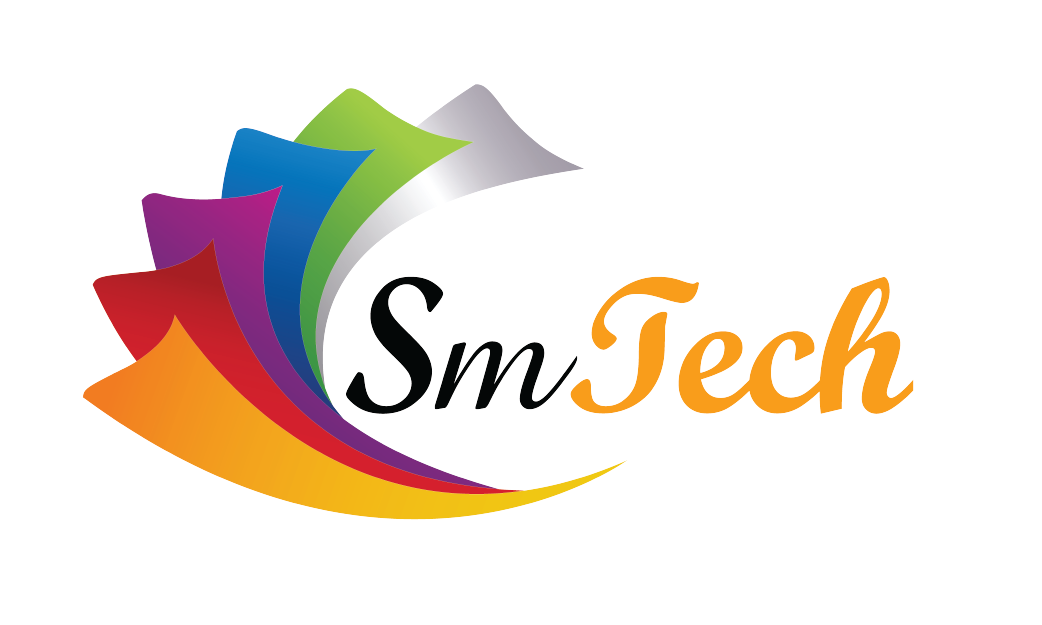Digital marketing refers to the practice of promoting products, services, or brands using digital channels and technologies. It encompasses various online marketing tactics and strategies aimed at reaching and engaging target audiences through digital mediums such as websites, search engines, social media, email, mobile apps, and more.
Digital marketing leverages the widespread use of the internet and the increasing reliance on digital devices to connect with consumers in a more targeted and measurable way. It encompasses a range of activities, including:
Search Engine Optimization (SEO): Optimizing websites and content to improve organic search engine rankings and visibility.
Search Engine Marketing (SEM): Running paid advertising campaigns on search engines like Google to drive traffic and generate leads or sales.
Social Media Marketing: Promoting products or services through social media platforms like Facebook, Instagram, Twitter, LinkedIn, and others to build brand awareness, engage with the audience, and drive website traffic.
Content Marketing: Creating and distributing valuable and relevant content such as blog posts, articles, videos, infographics, and ebooks to attract, educate, and engage the target audience.
Email Marketing: Sending targeted emails to prospects and customers to nurture relationships, deliver personalized messages, and promote products or services.
Influencer Marketing: Collaborating with influential individuals or popular content creators in a particular niche to promote products or services and reach their engaged audience.
Display Advertising: Placing visual advertisements on websites, apps, or social media platforms to increase brand exposure and drive traffic.
Mobile Marketing: Optimizing marketing strategies and campaigns for mobile devices, including mobile-optimized websites, mobile apps, and targeted mobile advertising.
Video Marketing: Creating and sharing videos on platforms like YouTube or social media to engage and inform the audience, showcase products, or demonstrate how-tos.
Analytics and Data-driven Decision Making: Utilizing tools and analytics platforms to measure and analyze the performance of marketing campaigns, track user behavior, and make data-driven decisions for continuous optimization and improvement.
Digital marketing provides businesses with a cost-effective and highly targeted way to reach and engage their target audience. It allows for real-time tracking and measurement of campaign performance, enabling marketers to optimize their strategies and achieve better results. With the increasing reliance on digital technologies, digital marketing has become an essential component of modern marketing strategies.
- Digital marketing encompasses various online marketing tactics and strategies aimed at promoting products, services, or brands using digital channels and technologies.
- It leverages the widespread use of the internet and digital devices to connect with target audiences in a more targeted and measurable way.
- Key components of digital marketing include search engine optimization (SEO), search engine marketing (SEM), social media marketing, content marketing, email marketing, influencer marketing, display advertising, mobile marketing, video marketing, and data-driven decision making.
- Digital marketing provides businesses with a cost-effective and highly targeted approach to reach and engage their target audience.
- It allows for real-time tracking and measurement of campaign performance, enabling marketers to optimize their strategies and achieve better results.
- Digital marketing has become an essential component of modern marketing strategies due to the increasing reliance on digital technologies.
There are numerous courses available that cover various aspects of digital marketing. Some popular digital marketing courses include:
Google Ads Certification: This certification covers the fundamentals of Google Ads, including search, display, video, shopping, and mobile advertising.
Google Analytics Certification: This certification focuses on understanding and utilizing Google Analytics to track website traffic, user behavior, and campaign performance.
HubSpot Academy: HubSpot offers a range of free online courses covering topics such as inbound marketing, content marketing, social media marketing, email marketing, and more.
Facebook Blueprint: Facebook Blueprint provides courses on Facebook and Instagram advertising, including ad creation, targeting, and measurement.
Moz Academy: Moz Academy offers courses on SEO (search engine optimization), covering topics like keyword research, on-page optimization, link building, and technical SEO.
LinkedIn Learning: LinkedIn Learning provides a wide range of digital marketing courses, including social media marketing, digital advertising, content marketing, SEO, and analytics.
Digital Marketing Specializations on Coursera: Coursera offers comprehensive digital marketing specializations from top universities and institutions, covering various aspects of digital marketing strategy, social media marketing, SEO, and more.
Benefits of digital marketing include:
Global Reach: Digital marketing allows businesses to reach a global audience and expand their customer base beyond geographical boundaries.
Targeted Audience: Digital marketing enables precise targeting, allowing businesses to reach their specific target audience based on demographics, interests, search behavior, and other relevant criteria.
Cost-Effective: Digital marketing often provides a more cost-effective solution compared to traditional marketing channels. It offers flexible budgeting options, allowing businesses to allocate their resources efficiently.
Measurable Results: Digital marketing provides detailed analytics and reporting, allowing businesses to measure the performance of their campaigns and make data-driven decisions for optimization.
Increased Conversion Rates: Through targeted advertising, personalized messaging, and optimized user experiences, digital marketing can lead to higher conversion rates and improved return on investment (ROI).
Brand Engagement and Awareness: Digital marketing facilitates building brand awareness and engaging with the audience through various channels such as social media, content marketing, and influencer partnerships.
Real-Time Communication: Digital marketing enables real-time interaction and communication with customers, fostering engagement and building strong relationships.
Agile and Adaptive: Digital marketing allows for quick adjustments and optimizations based on real-time data, ensuring that marketing strategies remain relevant and effective.
Integration with Offline Marketing: Digital marketing can be integrated with offline marketing efforts, creating a cohesive and comprehensive marketing strategy.
Access to Data and Insights: Digital marketing provides valuable customer data and insights that can be used to understand audience behavior, preferences, and trends, enabling businesses to refine their marketing strategies and improve targeting.
These are just some of the benefits of digital marketing, and businesses can leverage these advantages to effectively reach and engage their target audience in the digital landscape.







